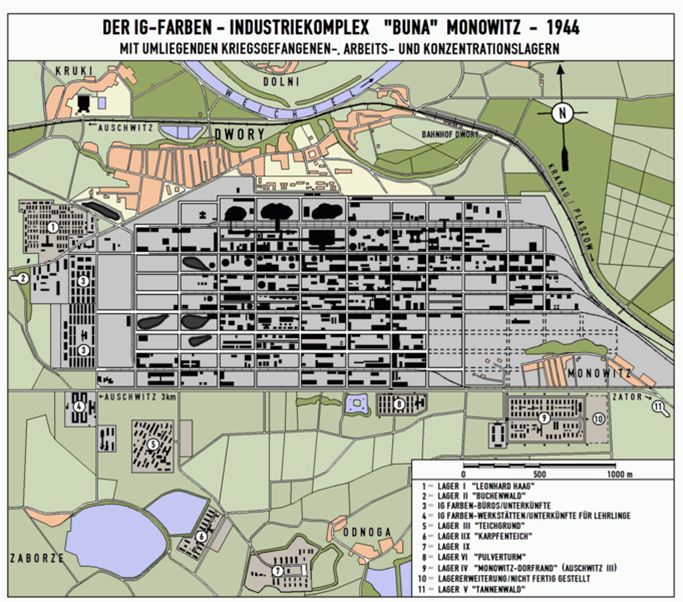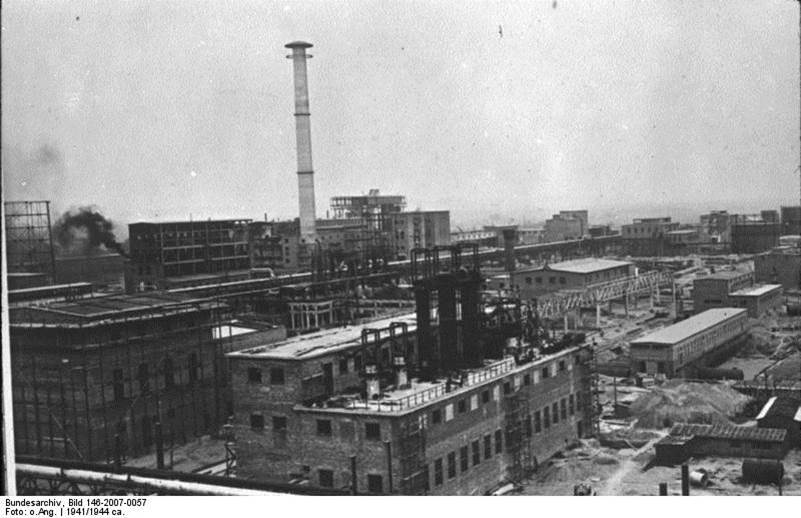Joshua and Judges: The allotment of the land, part 30 - Predestination - The Lord runs to help. Man's problems are caused by man. Jos 14-17.
Title: Joshua and Judges: The allotment of the land, part 30 - Predestination - The Lord runs to help. Man's problems are caused by man. Jos 14-17.
Announcements / opening prayer:
Christ restores to man the rulership and glory that he carelessly gave away, and in fact, gave him more than he lost.
Heb 2:18 For since He Himself was tempted in that which He has suffered, He is able to come to the aid of those who are tempted.
Verse 18 reveals why He can help us. He was tempted and He also suffered. He is able to come to the aid of those who suffer and are tempted.
The Greek verb [boetheo], translated "to come to the aid of" means "to run to help." When believers are in need He runs to help.
He doesn't run to remove the problem. He runs to help in order to give us surpassing power through His word and His Spirit as we persevere in the problem. He prays for us at the right hand of God. When we are tempted and we suffer, we have His temptation and suffering, recorded for us in the gospels, to look to by means of the power of the Holy Spirit. We know that He went before us and faced all that the world and the kingdom of darkness could throw at Him and He reveals the means by which He was able to bear it [the word, the Spirit, the plan of the Father], which means is expanded in detail in the epistles of the New Testament. There are thousands of ways that Christ can manipulate circumstances and people in order to aid in helping us.
2Pe 2:9
the Lord knows how to rescue the godly from temptation, and to keep the unrighteous under punishment for the day of judgment
The sons of Joseph would like another or an additional plot of land because they don't want to deal with the enemy that inhabits a part of the land they have been given. They don't want to fight with God's power. They want the whole problem to go away.
There is a reason that God allows the sin and evil to persist in this world. First and foremost is the fallen state of man. God could either exterminate him or let him live on and provide a way of redemption. Also, sin and evil have been playing themselves out in every generation. Fallen man desires to trust himself for salvation but yet, in every generation, all over the world, he had demonstrated his inability to even perform the simplest of good things without God. Man has forgotten that even the decency of moral law that the unbeliever may live under has come from God.
People love to extol that the presence of evil in this world discredits a perfect and good God, but they are without understanding. We chose to eat of the tree and to bring upon our fallen state the ideas of good and evil and to determine them rather than just obeying God and leaving such judgments to Him. We took our free will and mixed it with death and because of our decisions evil and sin cloud this world. Yet God continues to shine forth His light. The flood, Israel, the Law, the promises, the virgin birth, the Lord and His cross, and the church all testify of the good of God which always stands in severe contrast to the evil of man. Yes God allows it, but it is either that or exterminate all of us. His patience is upon this world so that many will repent and come to a knowledge and faith of the truth.
The Nazis created an environment in the concentration camp that proves that evil is in this world due to man and that it flourishes the most where God is excluded the most.
[quote Primo Levi, Survival in Auschwitz.] The Buna is as large as a city; besides the managers and German technicians, forty thousand foreigners work there, and fifteen to twenty languages are spoken. All the foreigners live in different Lagers which surround the Buna: The Lager of the English prisoners-of-war, the Lager of the Ukrainian women. The Lager of the French volunteers and others we do not know. Our Lager (Judenlager) by itself provides ten thousand workers who come from all the nations of Europe. We are the slaves of the slaves, who all can give orders to, and our name is the number which we carry tattooed on our arm and sewn on our jacket.


The Carbide Tower, which rises in the middle of the Buna and whose top is rarely visible in the fog, was built by us. Its bricks were called Ziegel, briques, tegula, cegli, kamenny, mattoni, teglak, and they were cemented by hate; hate and discord, like the Tower of Babel, and it is this that we call it: Babelturm, Bobelturm; and in it we hate the insane dream of grandeur of our masters, their contempt for God and for us men.
Thousands of individuals, differing in age, condition, origin, language, culture and customs, are enclosed within barbed wire: there they live a regular, controlled life which is identical for all and inadequate to all needs, and which is more rigorous than any experimenter could have set up to establish what is essential and what adventitious to the conduct of the human animal in the struggle for life.
We do not believe in the most obvious and facile deduction: that man is fundamentally brutal, egoistic and stupid in his conduct once every civilized institution is taken away, and that the Haftling is consequently nothing but a man without inhibitions. We believe, rather, that the only conclusion to be drawn is that in the face of driving necessity and physical disabilities many social habits and instincts are reduced to silence.
Here the struggle to survive is without respite, because everyone is desperately and ferociously alone… with the musselmans, the men in decay … one knows that they are only here on a visit, that in a few weeks nothing will remain of them but a handful of ashes in some near-by field and a crossed-out number on a register. Although engulfed and swept along without rest by the innumerable crowd of those similar to them, they suffer and drag themselves along in an opaque intimate solitude, and in solitude they die or disappear, without leaving a trace in anyone's memory. To sink is the easiest of matters; it is enough to carry out all the orders one receives, to eat only the ration, to observe the discipline of the work and the camp. Experience showed that only exceptionally could one survive more than three months in this way. All the musselmans who finished in the gas chambers have the same story, or more exactly, have no story; they followed the slope down to the bottom, like streams that run down to the sea… They crowd my memory with their faceless presences, and if I could enclose all the evil of our time in one image, I would choose this image which is familiar to me: an emancipated man, with head dropped and shoulders curved, on whose face and in whose eyes not a trace of thought is to be seen… if one offers a position of privilege to a few individuals in a state of slavery, exacting in exchange the betrayal of a natural solidarity with their comrades, there will certainly be someone who will accept. He will be withdrawn from the common law and will become untouchable; the more power that he is given, the more he will be consequently hateful and hated. When he is given the command of a group of unfortunates, with the right of life or death over them, he will be cruel and tyrannical, because he will understand that if he is not sufficiently so, someone else, judged more suitable, will take over his post.[end quote]
Man is hopelessly lost and in the right conditions it is no longer masked by niceties and social habits. God's presence in this world and the restraining power of the Holy Spirit prevent the chaos and hate of the concentration camp from being all over the world. However, during the Tribulation, the worst time that the world will ever see, such conditions will be world-wide as the Restrainer removes His power for a short time.
Man is hopeless and helpless without the Redeemer. The believer must not let persecution and temptation draw him away from God's plan and his witness as the light of the world.
Knowing what the world is without God the believer will be more and more motivated to not allow himself to leave fellowship with his Lord and remain sanctified from the world. Yet he is fully in the world and he holds the key of escape and freedom. The fence of sin and death has been torn down by Christ and the gospel in the heart of every believer is the vision of that truth.
In Rom 8:29-30, the glorious story of the saved is told in five words, "foreknew, predestined, called, justified, glorified."
God the Father, the Sculptor, foreknew those who would believe in Christ as their Savior. These were designated as saved people and in our analogy or the sculptor and the granite blocks, He brings these blocks into His studio and sets to the work of sculpting them into the image of His Son.
God chose the inferior material of flesh, lost human beings, creatures full of sin, rebellious toward Him. He chose the most unlikely material He could in order to bring more glory to Himself.
After the Sculptor had selected the specific blocks of granite, he placed a tag upon each of them. On the tag was written, "to be conformed to the image of my Son." Each of them were labeled for this one destiny.
Rom 8:29 For whom He foreknew, He also predestined to become conformed to the image of His Son, that He might be the first-born among many brethren;
Every chosen one responds to the call because God knew that they would. The call of common grace goes out to the world, but the specific call to be conformed into the image of His Son